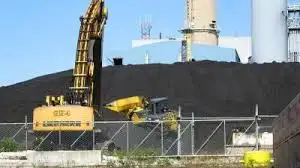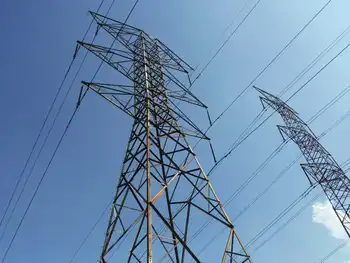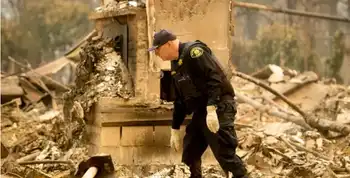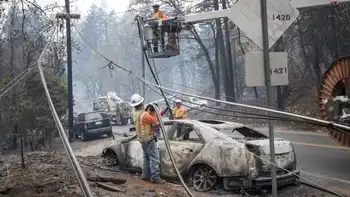IEEE Sets System Requirements For Broadband-Over-Powerline Standard, Issues Call For Proposals
The standard, IEEE P1901, “Standard for Broadband over Power Line Networks: Medium Access Control and Physical Layer Specifications”, will be a comprehensive specification needed to send high-speed digital data over the power lines between substations and homes and offices. It also will provide for digital voice, data and video signals to be carried over and accessed from electrical lines within structures.
“Gaining agreement for BPL system requirements is a major achievement and clears the way for the working group to create a solid standard,” says Jean-Philippe Faure, chair of the IEEE P1901 Working Group and vice president-standardization at Ilevo. “The agreement we’ve gotten on this detailed foundation makes me confident that we will create in 2008 a global draft standard that will enable companies worldwide to manufacture the components and systems needed to develop the BPL industry.”
The call for proposal addresses functional and technical requirements in three areas: an access cluster that provides for transmission of broadband content on the medium- and low-voltage power lines that feed homes; an in-home cluster that allows low-voltage wiring in structures to carry digital content; and a coexistence and interoperability cluster that ensures all equipment and devices used on BPL networks are compatible.
The access cluster sets requirements for bringing multimedia services to residences via power lines and for developing electric utility applications. This involves head-end hardware that extracts Internet signals from fiber-optic cables and places them on the current running through power lines, repeaters on distribution lines that keep the signal viable, and customer premise equipment that extracts the signal for use in a structure.
In-home requirements address the use of the power lines in a residence or office as a digital broadcasting medium for the spread of ISP broadband services inside the home, computer applications, whether from one computer to another or to peripherals, as well as for consumer electronics audio, video and other applications.
Coexistence and interoperability considerations are important because of the many devices that may be on a BPL network. This cluster involves protocols that govern how hardware for various applications can share the medium without interfering.
The working group will evaluate and select proposals that best meet the requirements of each cluster. “The goal is to create the best technical standard, whether from one or many sources,” says Faure. “The technologies chosen will form the baseline for the standard, which will allow the full standard to be written and companies to begin creating and testing prototypes of BPL hardware.”
In addition to land-based systems, the working group has begun to extend its efforts to include BPL capabilities for planes, ships, and trains. The goal is to give those who manufacture such transportation platforms an alternative approach to networking digital information.
Related News

California avoids widespread rolling blackouts as heat strains power grid
LOS ANGELES - California has avoided ordering rolling blackouts after electricity demand reached a record-high Tuesday night from excessive heat across the state.
The California Independent System Operator, which oversees the state’s electrical grid, imposed its highest level energy emergency on Tuesday, a step that comes before ordering rolling blackouts and allows the state to access emergency power sources.
The Office of Emergency Services also sent a text alert to residents requesting them to conserve power. The operator downgraded the Stage 3 alert around 8:00 p.m. PT on Tuesday and said that “consumer conservation played a big part in protecting electric grid…





